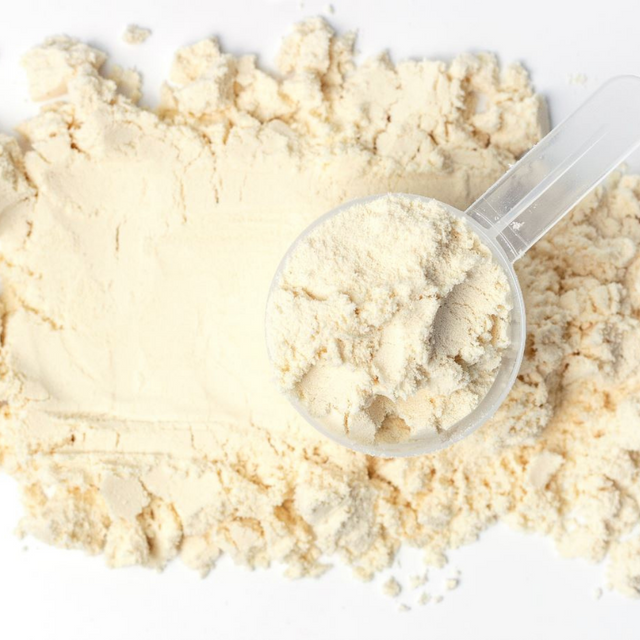Written by - Tatiana Marinho - Body Science Athlete Nutritionist | B.P.H. Nutrition | MNutr&Diet | MPH
Creatine is an amino acid substance formed from two amino acids, Arginine and Glycine. It is mainly stored in our muscles and nerve cells as Creatine Phosphate. Creatine acts as a reserve of quick energy boost allowing cells to perform vital functions in our body.
CREATINE AND MUSCLES
A number of studies have shown that Creatine Monohydrate supplementation increases Creatine Phosphate stores in skeletal muscle by up to 40%. In combination with training, Creatine supplementation can increase muscle and lean mass, strength, and power, improving performance and efficiency in sport.
ATP is the molecule used in our bodies as energy. When energy is used ATP loses a molecule of Phosphate and becomes ADP. This is where Creatine Phosphate comes into play, donating Phosphate to ADP and rebuilding the ATP molecule, which can be used again for energy. Creatine basically recycles energy, giving your muscles a boost of energy, and allowing you to train harder.
This process also saves the muscle from being depleted to be used as energy (Catabolism).
Creatine not only slows down Catabolism (muscle degradation) but also increases Anabolism (muscle construction), being responsible for protein synthesis (formation) in the muscle. Furthermore, Creatine has also been shown to provide antioxidant properties, again acting as an anti-catabolic, as the free radicals generated from exercise can affect muscle fatigue and protein turnover.
CREATINE AND GLUCOSE
Creatine has also been shown to play a role in the glucose uptake by muscles cells. Although the mechanism is not yet fully understood, studies on blood glucose control in patients with Type 2 Diabetes presented significant results in blood glucose control markers. It has also been found that Creatine supplementation enhances levels of glycogen in the muscle.
Glycogen is the form in which glucose (sugar) is stored in your muscles and liver. This storage provides energy for your muscles when exercising, and once this stock is over, muscles are degraded to be used as energy. Higher glycogen stocks will increase endurance and avoid muscle breakdown.
Furthermore, after a meal high in glucose, your body will either use that glucose for energy immediately or store it. The storage can be in the form of Glycogen as mentioned before, or as fatty acids in the fat tissue. As uptake from muscle rises, less glucose will be transformed into fat to be stored.

CREATINE AND THE BRAIN
The brain weighs about 2% of your overall body weight but can use up to 25% of total energy. We have supercomputers in our heads, and they require a lot of energy, just like our muscles do. So, the concept with Brain function and Creatine supplementation follows the same path.
Creatine plays a vital role in brain energy homeostasis (balance) and Creatine supplementation is shown to increase the energy availability in brain cells, and therefore, improve memory, speed of processing and mental performance in general.
GENERAL HEALTH
- Provides muscles, brain, and nerves with energy
- Increases energy
- Builds stronger muscles
- Increases endurance
- Improves physical performance
- Antioxidant
- Improves recovery
- Improves brain performance
- Improves physical performance
MUSCLES
- Provides energy for muscle cells
- Increases muscle and lean mass
- Anti-Catabolic – Slows down muscle breakdown
- Anabolic – Muscle Growth
- Increases glycogen uptake
- Improves muscle recovery
- Stimulates hypertrophy (larger muscle fibre size)
- Improves strength, speed, power, and endurance
- Improves performance and efficiency
BRAIN
- Provides energy for brain cells- Improves memory and speed of processing
- Improves performance
More stories
